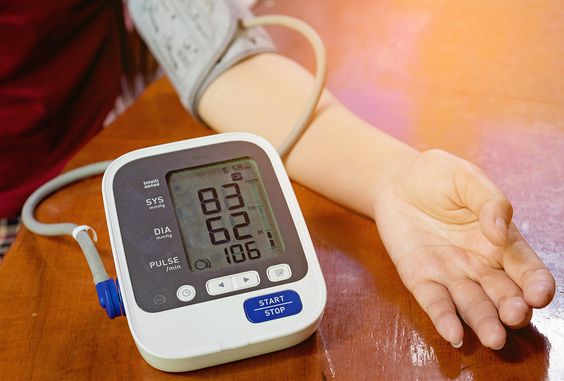Introduction
High blood pressure, also known as hypertension, is a common condition that affects millions of people worldwide. It occurs when the force of blood against your artery walls is consistently too high, putting extra strain on your heart and blood vessels.

While high blood pressure often doesn't have noticeable symptoms, it can lead to serious health problems over time, including heart attack, stroke, and kidney disease. Understanding the causes and recognizing potential symptoms is crucial for early detection and management of high blood pressure, reducing the risk of these complications.
What Causes High Blood Pressure?
High blood pressure is a complex condition with various contributing factors, which can be categorized as either essential or secondary hypertension.
Essential hypertension is the most common type, accounting for about 90% of cases, and often develops gradually over years. While its exact cause is unknown, several factors are believed to play a role:
- Genetics: Family history of high blood pressure increases your risk.
- Age: The risk of high blood pressure increases with age.
- Race: African Americans are at a higher risk of developing high blood pressure.
- Lifestyle factors: Unhealthy habits such as lack of physical activity, an unhealthy diet high in salt and saturated fat, and excessive alcohol consumption can contribute to hypertension.
- Obesity: Carrying excess weight puts additional strain on your cardiovascular system.
Secondary hypertension, on the other hand, is caused by an underlying medical condition or medication. Some possible causes include:
- Kidney disease: Issues with your kidneys can disrupt blood pressure regulation.
- Hormonal disorders: Conditions affecting the adrenal glands or thyroid can influence blood pressure.
- Sleep apnea: This sleep disorder, characterized by pauses in breathing, is associated with hypertension.
- Certain medications: Some drugs, like decongestants and birth control pills, can raise blood pressure.
Recognizing the Symptoms
High blood pressure is often called a “silent killer” because it usually doesn't cause noticeable symptoms, particularly in its early stages. However, as blood pressure elevates significantly, some individuals may experience:
- Severe headaches
- Nosebleeds
- Fatigue or shortness of breath
- Vision problems
- Chest pain
It's crucial to remember that these symptoms are not exclusive to high blood pressure and can be indicative of other health conditions. Therefore, it's essential to consult with a healthcare professional for proper diagnosis and management.

.jpg)